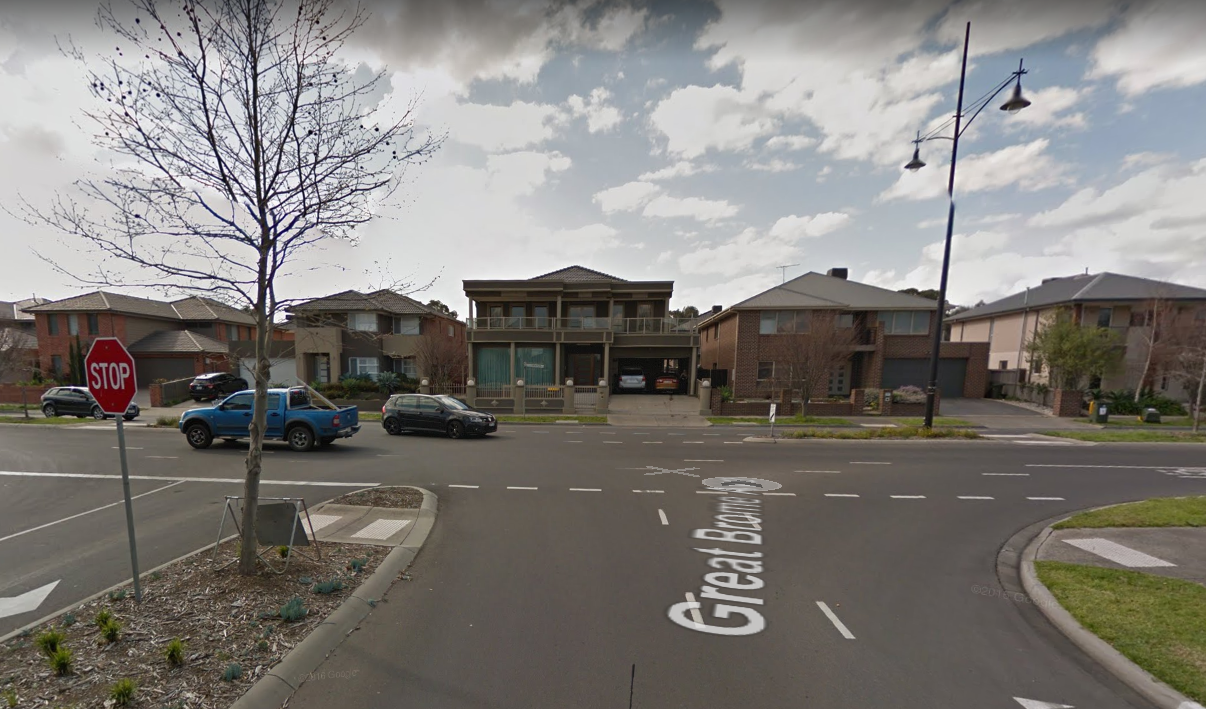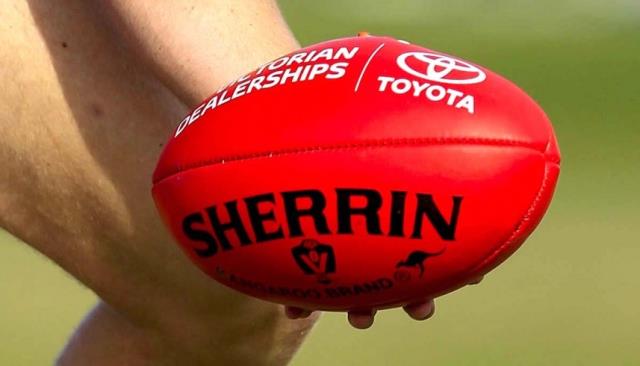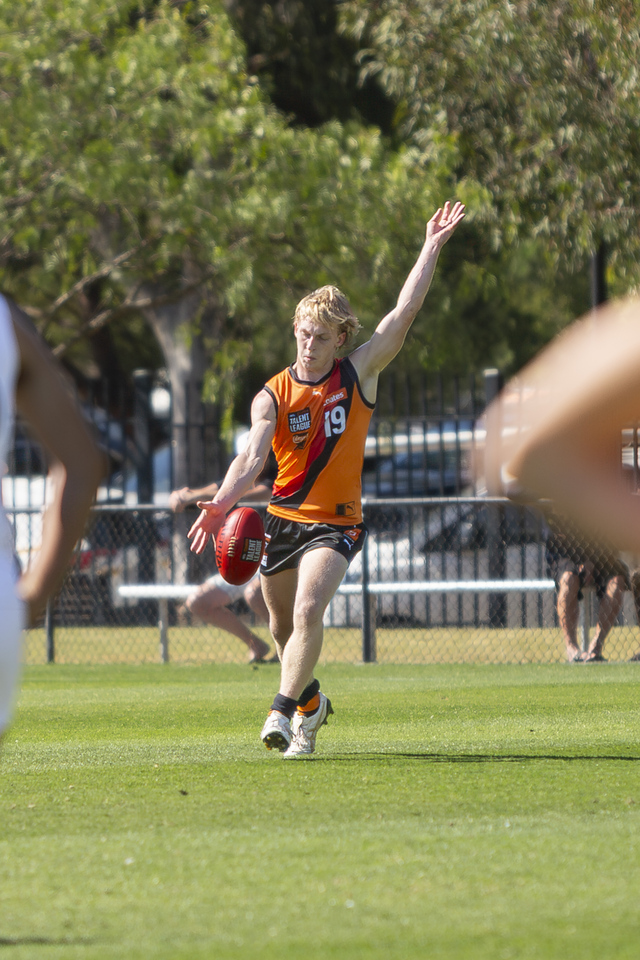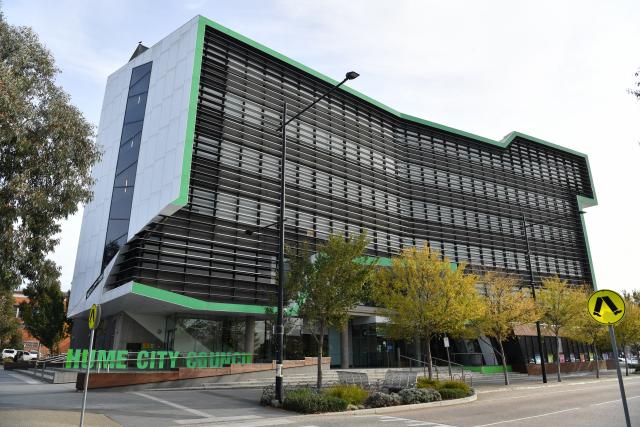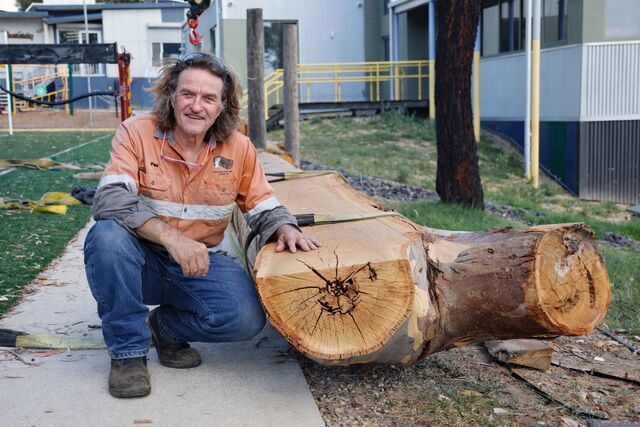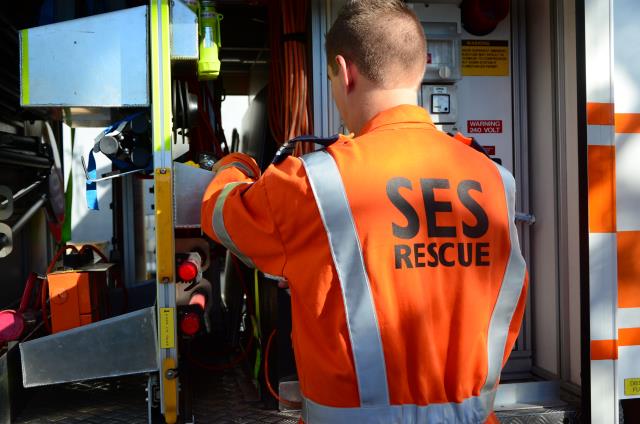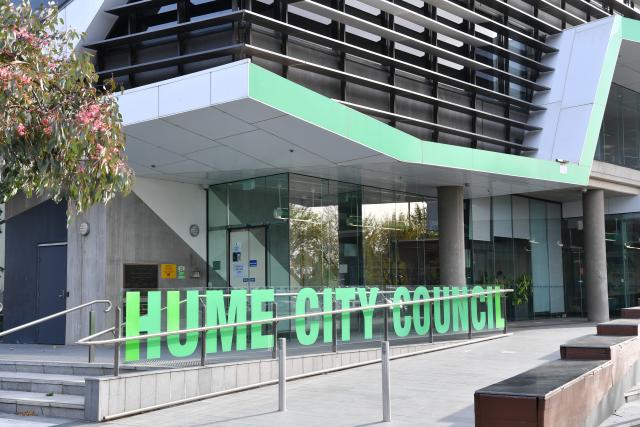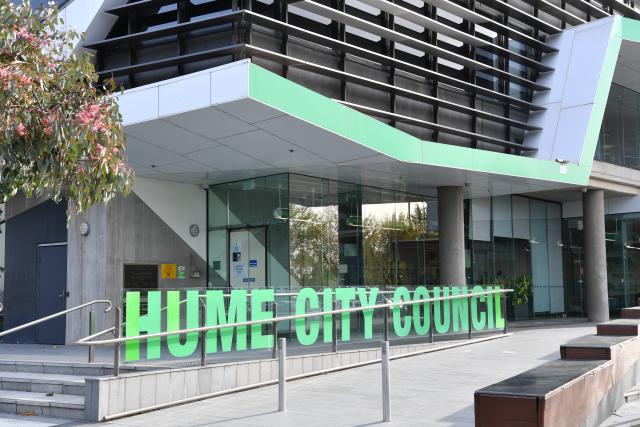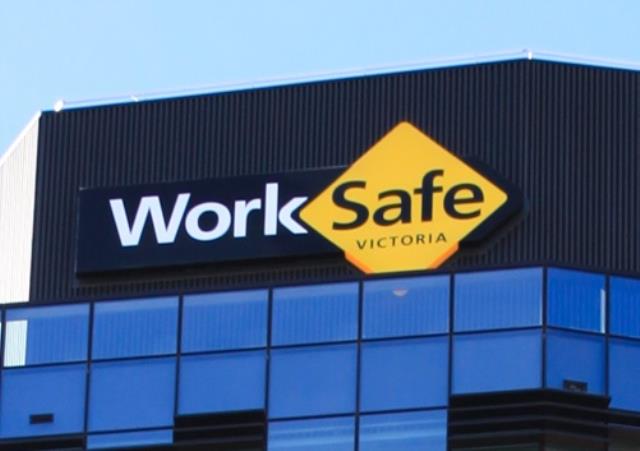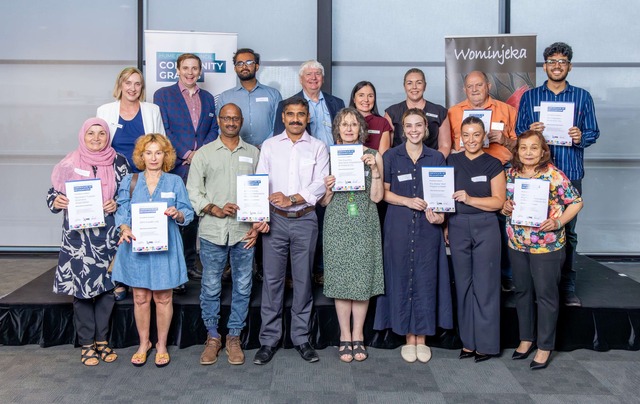Whittlesea council is pushing ahead with plans to build a roundabout at one of the municipality’s worst intersections for crashes, despite residents’ fears it will affect their safety and devalue their homes.
The intersection of Lyndarum Drive and Great Brome Avenue in Epping has been the site of six casualty crashes in the past five years, including one that resulted in serious injuries.
There have also been at least eight other crashes in which no one was injured.
Council data reveals that traffic on Lyndarum Drive has increased by more than 40 per cent in recent years.
In 2016, the road was used by 10,049 vehicles a day, up from 6938 in 2011.
Great Brome Avenue was used by 9733 vehicles a day in 2016, up from 8343 three years earlier.
Council has described the intersection as having the worst crash and speeding statistics in the municipality.
Councillors voted late last month to spend $350,000 on a roundabout at the intersection in a bid to improve safety.
But residents would rather see speed bumps installed.
Gabi Alleyne says residents fear speeding drivers will rush through the roundabout, jeopardising the safety of residents.
“All of our homes will be on top of the roundabout,” she said.
“The council will be cutting into our nature strips, and so if a car did speed around the roundabout and lose control, it will go straight into our homes.”
Ms Alleyne said residents were also worried that living next to a roundabout would devalue their homes.
She said traffic had become worse in recent years but she hoped completion of the O’Herns Road freeway interchange and the extension of Edgars Road in the next few years would reduce traffic volumes.
Cr Norm Kelly, who has a roundabout outside his house, urged the council to listen to residents and install speed bumps.
“I have first-hand experience – I have trouble backing out of my driveway on a daily basis,” he said.
“Hoon driving is a massive issue in our area, Giving them a roundabout to speed around is adding to the danger.”
But mayor Kris Pavlidis said council officers had told her a roundabout was the safest option, with studies showing it would reduce the likelihood of crashes by 80 per cent.

